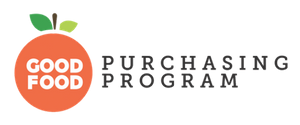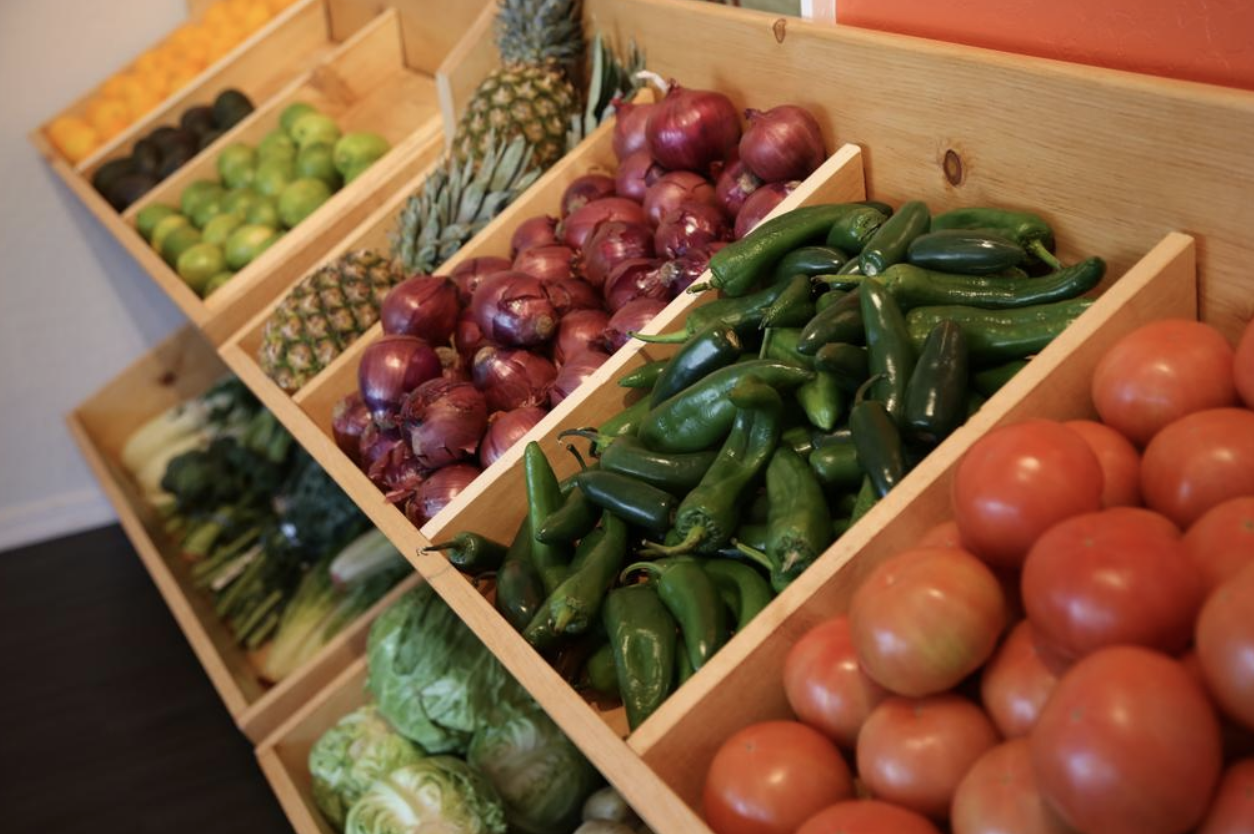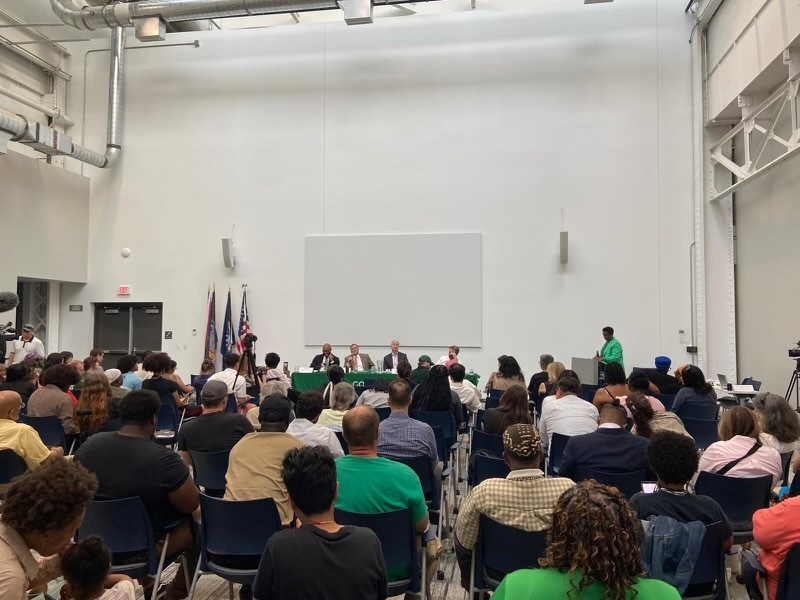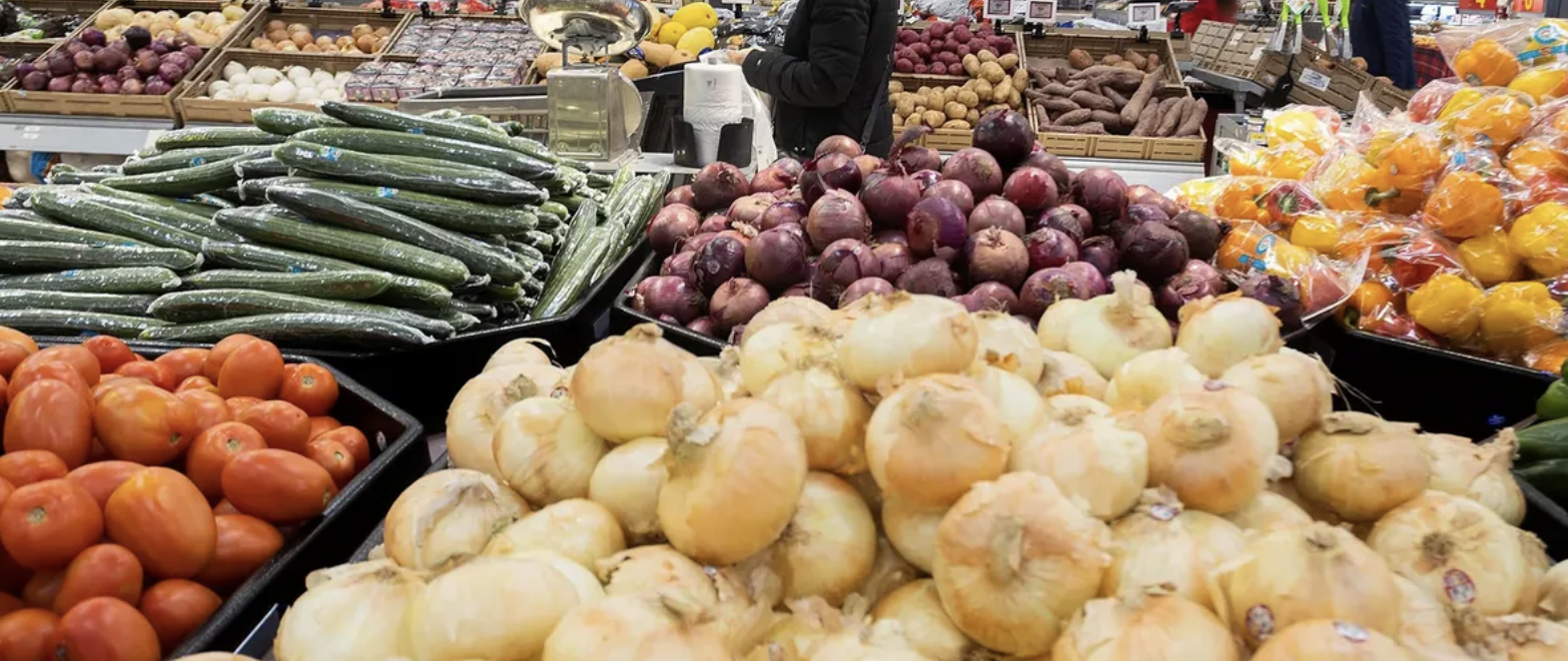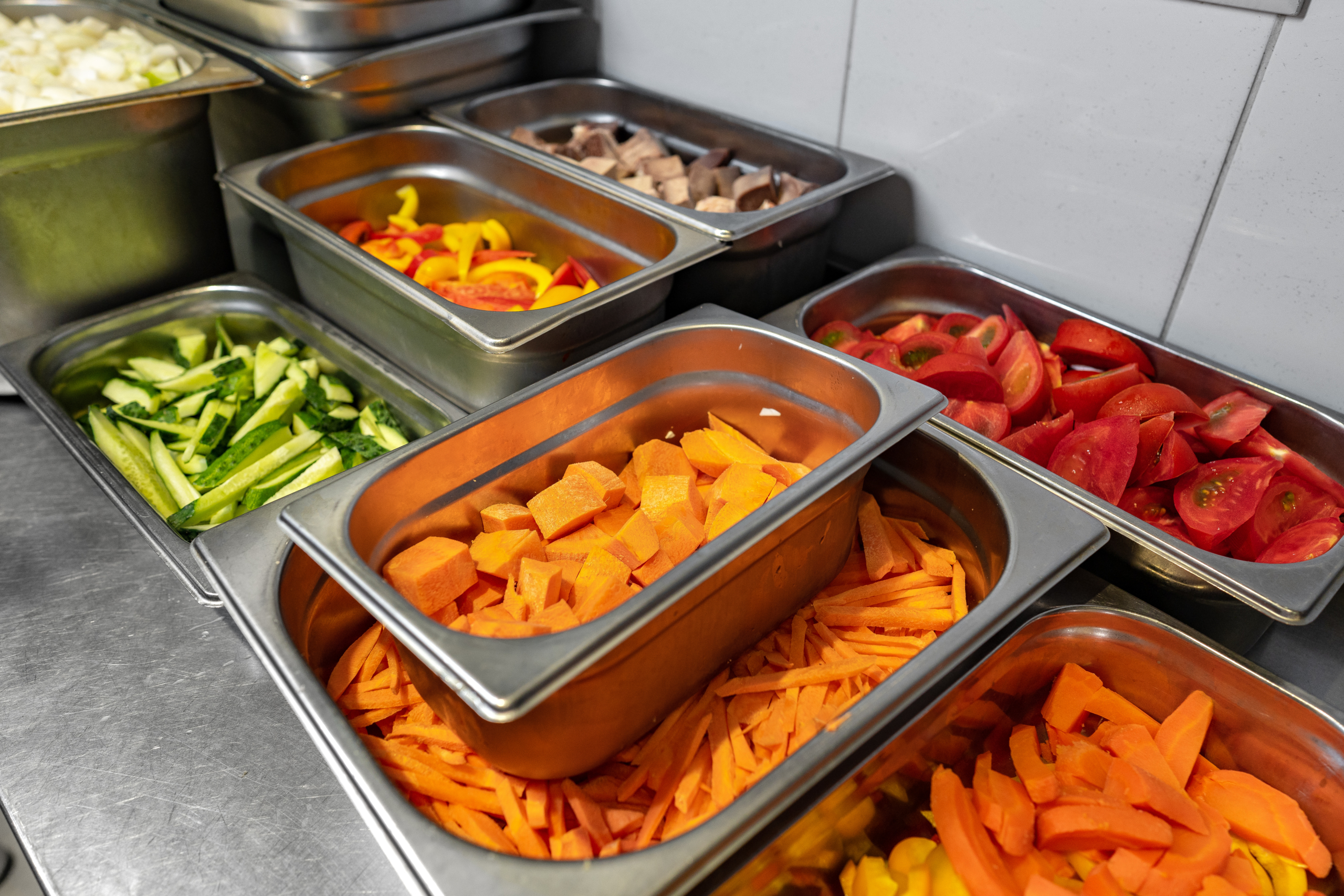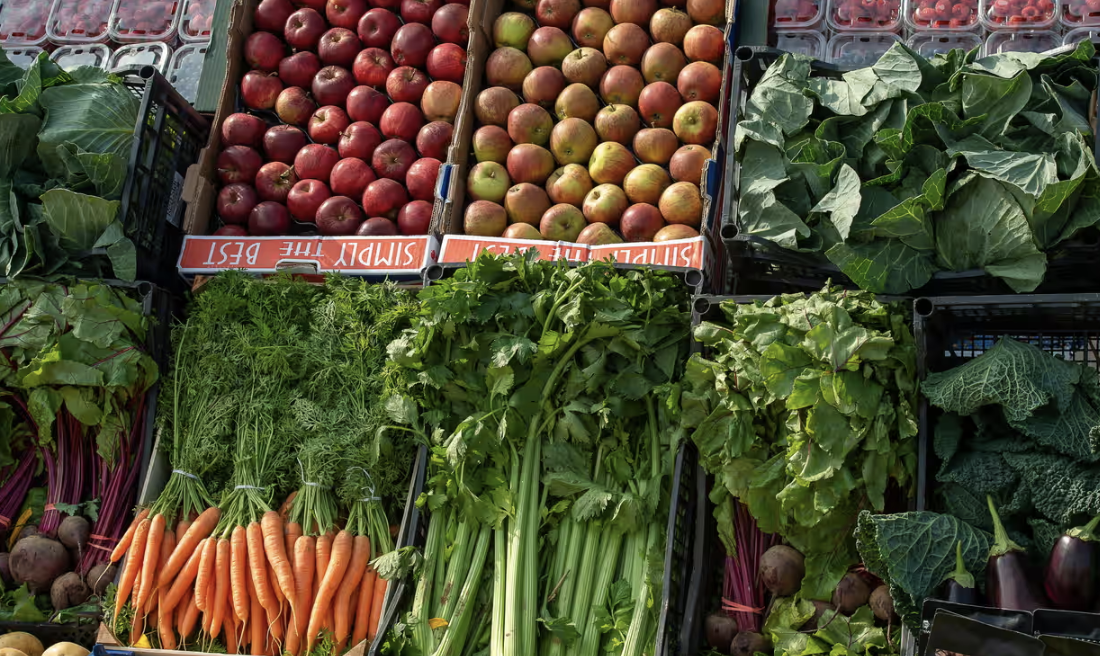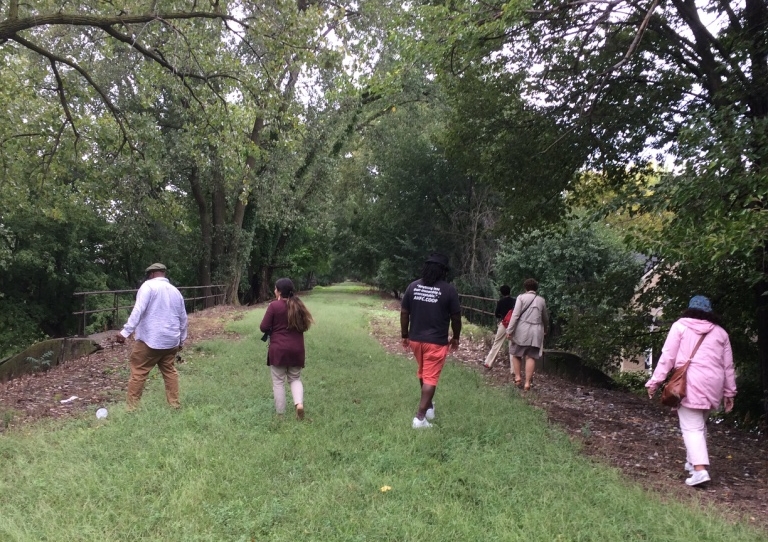Fund Connects Minority Farmers to Charities Serving the Hungry
Carter Jones
Farmers who operate small and mid-size farms that produce fruits and vegetables are sitting on crops that are ready to harvest, but have nowhere to sell them as farmers markets, schools, corporate cafeterias and restaurants are closed.
Meanwhile, hunger is rising. Second Harvest Heartland said Wednesday it projects 735,000 Minnesotans will need food assistance by this fall.
The Local Emergency Assistance Farmer Fund is trying to connect the two. Leaff is a collaborative of farmers, hunger relief organizations and food distribution services that is buying produce at market value to donate to area food shelves and organizations providing prepared meals.
The fund’s pilot phase is using $50,000 of seed money to support 20 farmers by purchasing up to $2,500 worth of produce. Leaff will also help farmers who haven’t harvested and packed for wholesale by assisting in harvesting, packing, grading and washing their products.
Farmers are eligible to apply for the pilot program if their farm is within 200 miles of the Twin Cities, gross farm sales are under $100,000 and farm income is at least 25% of their household income.
Some farmers have found alternative routes to sell their products, such as starting online stores, but Black and indigenous farmers face challenges in accessing Minnesota’s agricultural industry due to systemic racist practices in wealth and land distribution, Leaff says.
“Leaff provides resources and support to Black, indigenous, people of color farmers to ensure Covid-19 does not create additional barriers to success and provides connections to new wholesale markets and technology for longer-term sustainability,” according to Leaff’s executive summary. “We are committed to providing purchased produce to organizations supporting those facing hunger and food insecurity, whether it’s people impacted by Covid-19, communities rebuilding from protests following the murder of George Floyd, or communities that have been oppressed throughout our state’s history.”
Leaff consists of representatives from The Good Acre, Mill City Farmers Market, Lakewinds Food Co-op, the Latino Economic Development Center, The Food Group, Hmong American Partnership and the Minnesota Department of Agriculture.
The organization is requesting $200,000 from the Bush Foundation’s Community Innovation Fund to support the project from July through December.
